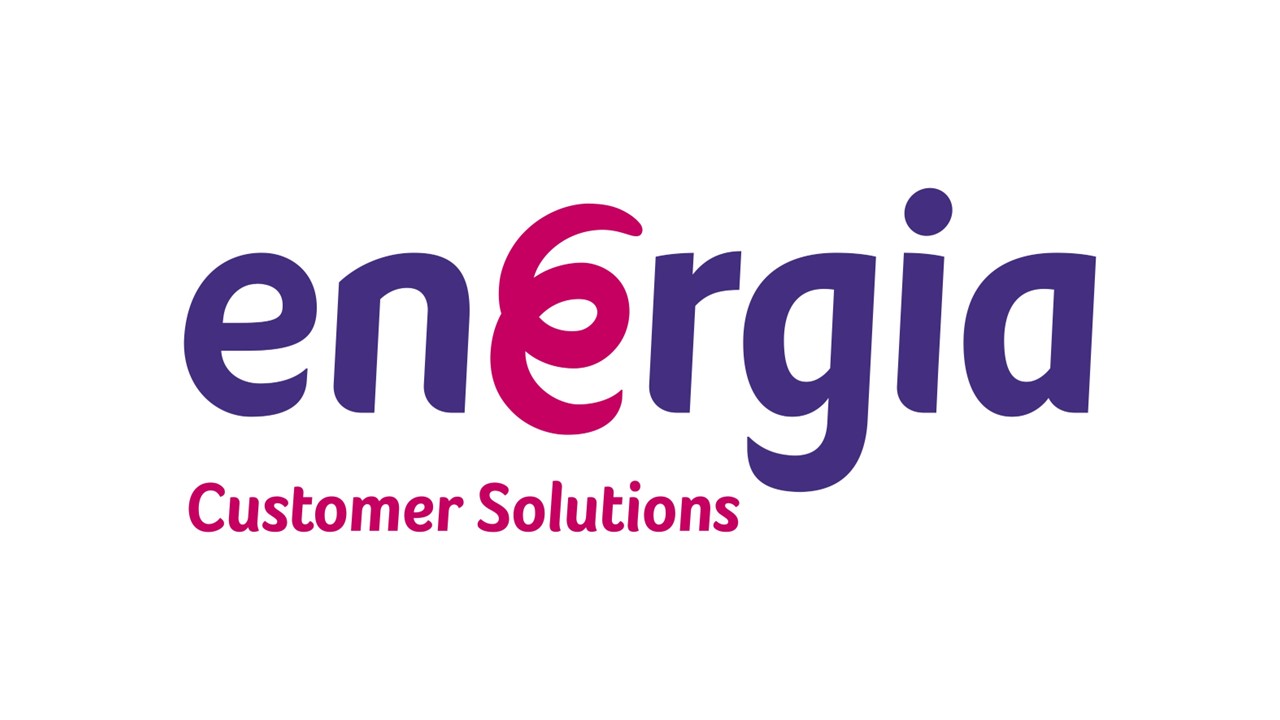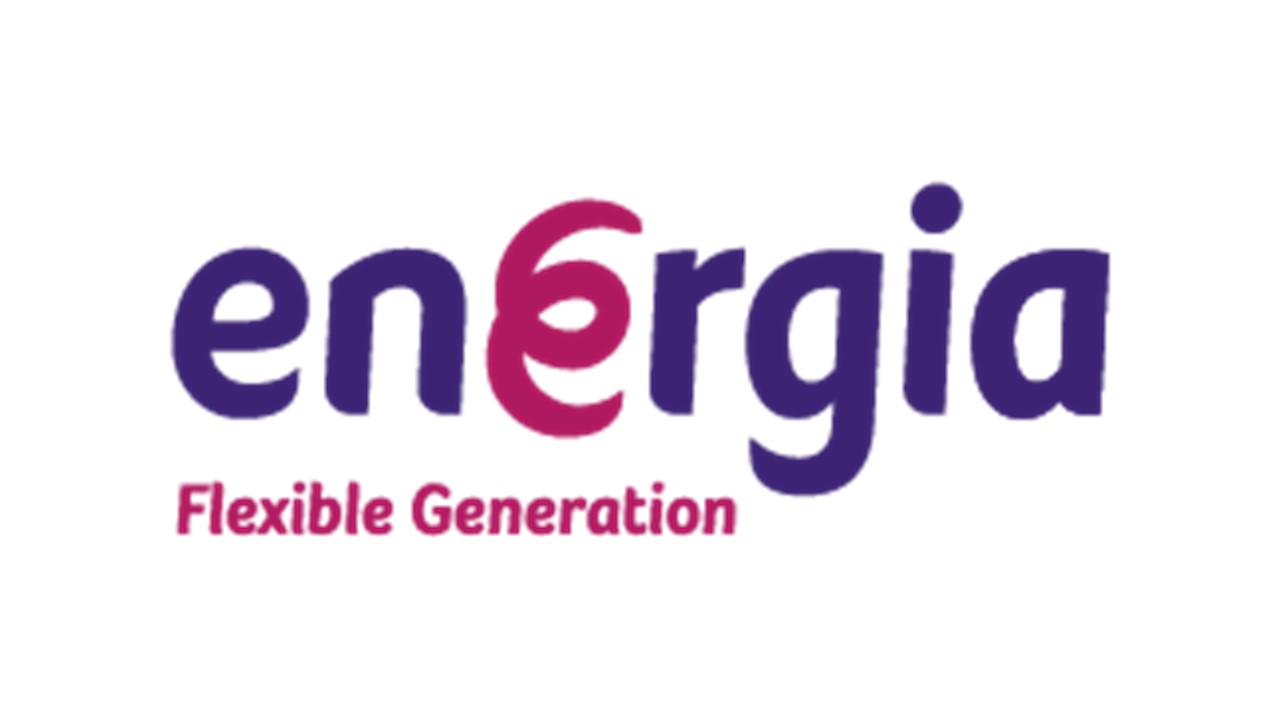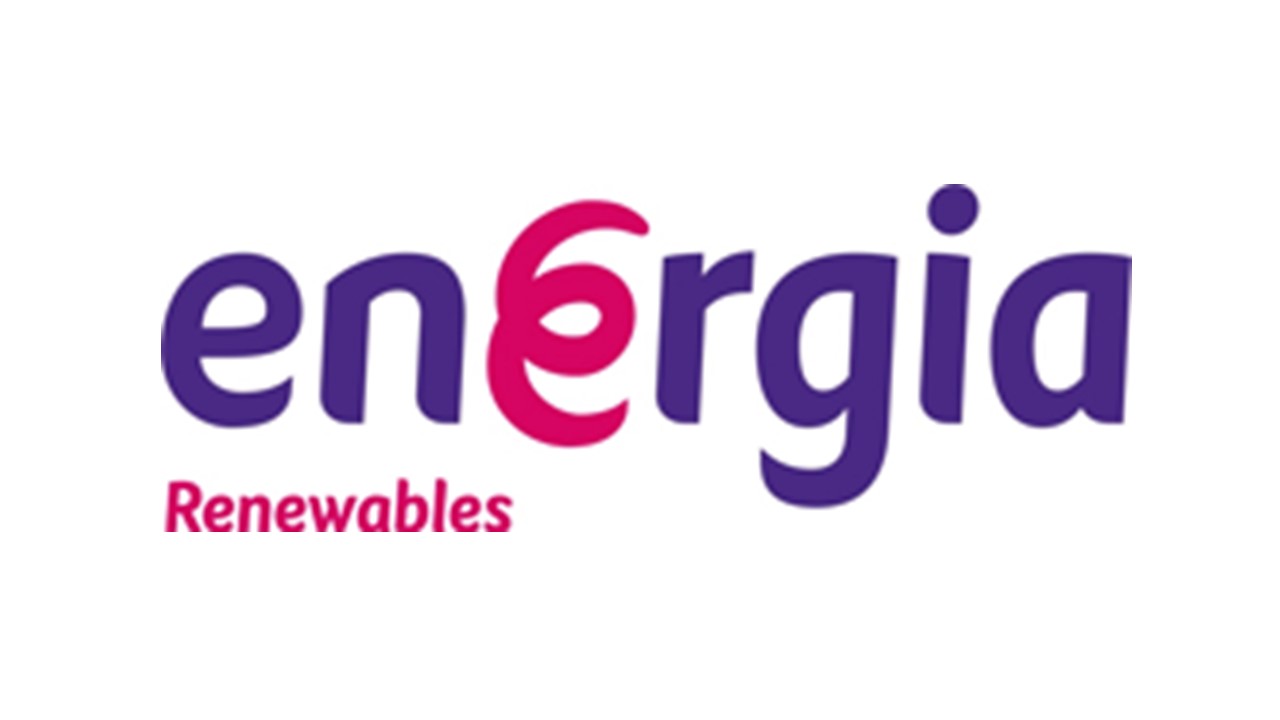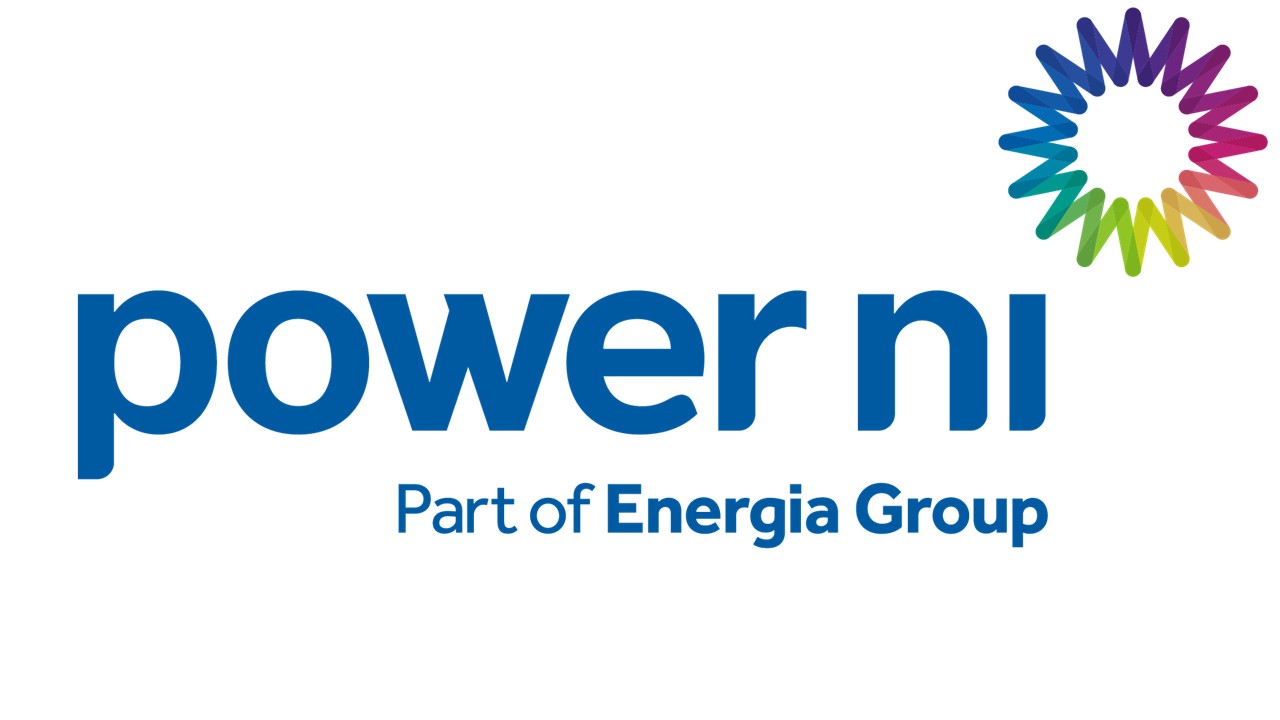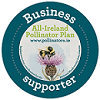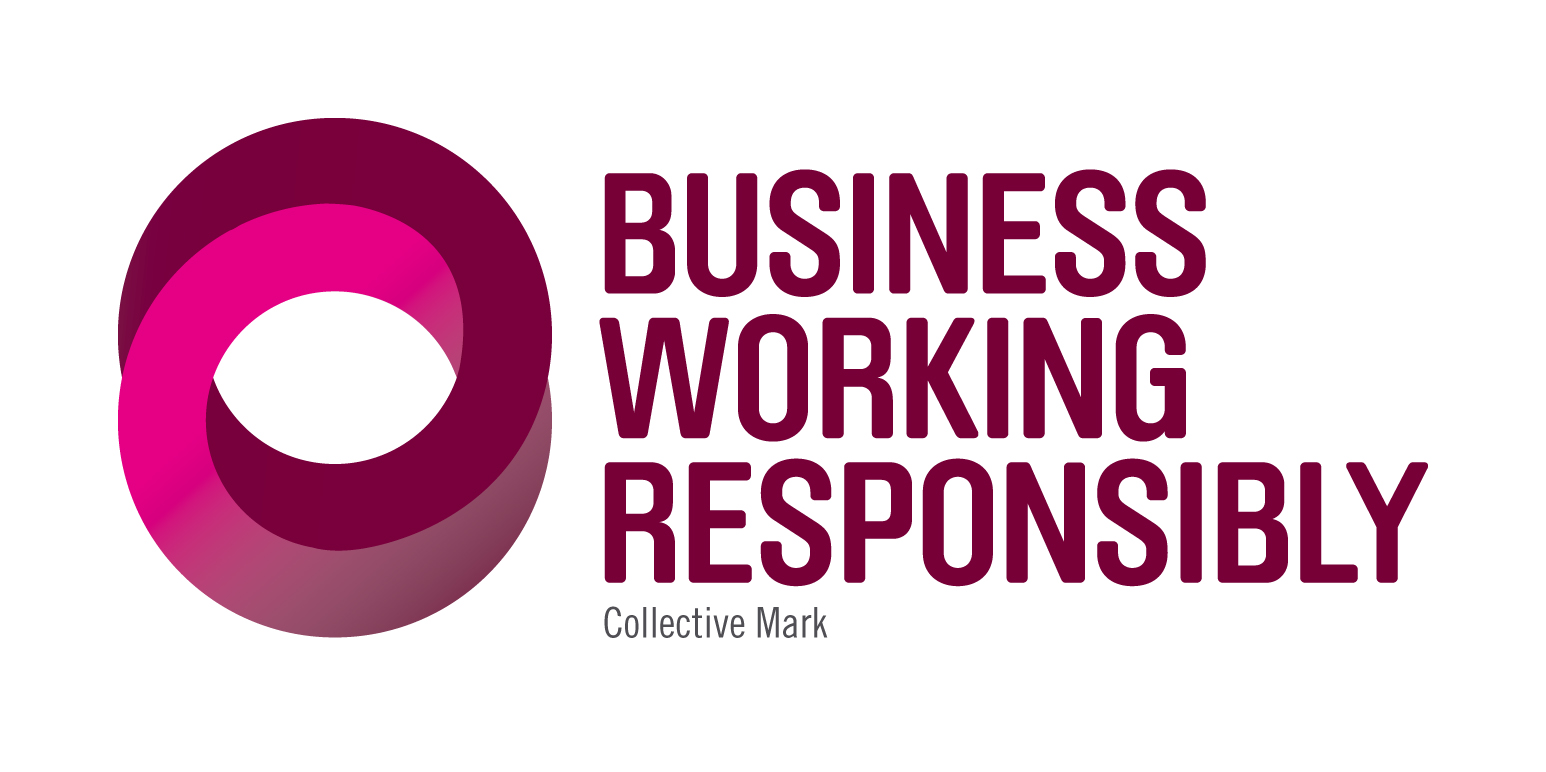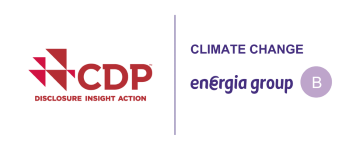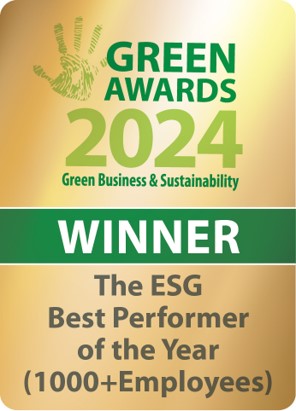Colleague Spotlight Q & A with Caroline Roche
This Energia Group Colleague Spotlight article is taking us to the Renewables team to meet Offshore Environments & Consents Manager Caroline Roche. With a background of Marine Zoology, Caroline's expertise are crucial for achieving Energia Group's offshore project goals and Ireland's Climate Action Targets.
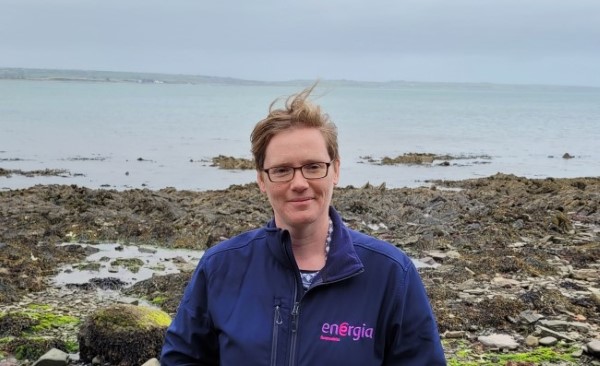
I’m responsible for the environmental and consenting elements of our offshore wind energy projects (the North Celtic Sea and South Irish Sea). This covers all forms of consents (or permissions) that we’ll need to progress these projects.
These include foreshore licences which allow us to do surveys; a maritime area consent (MAC) to allow us actually enter into the planning process; the planning permission itself and then a series of other permissions to enable us to carry out a variety of ecological surveys and to use detection devices for archaeological surveys, to name but a few.
The vast majority of this work has an environmental requirement. For example, our foreshore licence applications required a number of different environmental assessments and the planning applications for offshore wind farms will require an Environmental Impact Assessment (EIA).
This is a significant part of the planning application and must be carried out to the highest national and international standards. Managing this EIA process is a key part of my day-to-day work and it also contains a very important public consultation element which keeps me very busy.
Energia is deeply committed to community engagement along every step of the way. I work closely with our Fishery Liaison Officers, engaging with fishing communities and the fishing industry about our project activities. We also have Community Liaison Officers as contact points for local communities and all of this helps us to stay in touch with people in a relevant and meaningful way.
As well as this work, I provide ongoing advice on the environmental and planning aspects of other potential offshore opportunities that come our way and I’m a member of Wind Energy Ireland’s Consenting and Fisheries Working Groups.
Climate Action is essential to ensure we can all live our lives as sustainably as possible for the future, including carbon reduction, and wind energy has a major role to play in that.
The Government’s Climate Action Plan targets a reduction in carbon emissions of 51% over the period to 2030 as well as achieving 70% of electricity from renewable sources by 2030.
Originally, to help achieve this, 3.5GW (Gigawatts) of this electricity was to come from offshore wind. However, in 2020 and realising the increasing urgency of the climate situation, the Programme for Government increased this target to 5GW of offshore wind to be built by 2030, off the south and east coasts. This equates to approximately 7 to 10 wind farms.
Ireland has a really positive opportunity when it comes to offshore renewable energy. Favourable wind speeds and sea conditions provide an ideal environment for generating green electricity offshore out at sea.
Offshore wind can provide clean affordable and reliable energy that communities need to grow and thrive. It can help to decarbonise our energy supply and reduce greenhouse gas emissions, protecting our environment for current and future generations.
Ireland simply won’t be able to achieve 70% of electricity from renewables without offshore wind. As a leading Irish energy company, Energia is ready to play its part in getting there and we’re hopeful our projects will make up some of that 5GW.
Energia believes its essential to protect the environment in everything we do. So a very significant part of my job is to explore and set out how we do that. My marine science background and years spent in environmental consultancy has given me a very good understanding of how human activities can interact with the environment.
We seek to minimise these interactions by devising and applying mitigation measures to ensure that there are no negative impacts and that developments can proceed in an environmentally friendly and sustainable way. This is something that’s really important to me and it is my main goal for our offshore projects as well as delivering clean, renewable electricity for Ireland.
The recent report by the Intergovernmental Panel on Climate Change (IPCC) reaffirms that global warming is happening; it’s caused by human greenhouse gas emissions, and the impacts are very bad (in some cases, catastrophic). Every fraction of a degree of warming that we can prevent - by curbing emissions - substantially reduces this damage.
A recent study by the Environmental Protection Agency (EPA), Met Éireann (MÉ) and the Marine Institute (MI) has found that global warming has resulted in Ireland's climate becoming warmer and wetter with a rise in sea level, increased ocean acidity, and higher ocean temperatures – all of which have been observed in our oceans and coastal sea areas.
Offshore wind is key to combating climate change and will be a key pillar of Ireland achieving our 2030 carbon emission targets. In parallel with our climate crisis, we are also facing a biodiversity crisis and as such, we must ensure that offshore wind is delivered in a way that is complimentary to the marine environment, and I think that this is very much achievable.
It’s well established through expert studies that the immediate areas around wind turbines see enhanced levels of biodiversity naturally. I also believe there’s a great opportunity for biodiversity enhancement to be built into offshore wind projects at the early design stages. This is something I’m very excited about working on as these projects develop.
Do you have to travel to the coastal areas often or partake in site visits … at sea?We know and understand that many Irish coastal communities around our shores are coming to terms with offshore windfarm developments for the first time. So we want to listen and share discussions and viewpoints where, as a leading Irish energy provider, we’re committed to ensuring that local communities and all areas of the local economy can thrive in parallel with proposed offshore wind farm projects.
I’m very lucky that I get the opportunity to visit coastal fishing communities around our 2 offshore projects, the North Celtic Sea project off the Co. Waterford coast and the South Irish Sea project off the Co. Wexford and south Co Wicklow coasts.
This engagement with the fishing industry is very important to us for us as they are an existing user of the sea and we want to ensure that our projects can co-exist and share the same space in a way that is beneficial for everyone. This engagement has been ongoing for the past 18 months, and although Covid did put a halt to it for some time I’m back the road again now and really enjoy meeting fisher men and women locally, building relations and understanding their fishing activities. Unfortunately, I don’t get to go out to sea nearly as much as I did in previous roles but I’m working on that and hopefully will be out there again soon.
What do you love most about your current role?Every day is different, there are always new challenges and deadlines and new things to learn. I work with a great team of people - it’s very reassuring to have such dedicated and experienced colleagues working alongside you. I also love meeting people in the local communities we are working in.
On a more personal level, it’s great to have the opportunity to be part of something really meaningful, to make a difference and contribute to Ireland’s decarbonisation efforts.
What’s the most challenging part of your role at Energia?The biggest challenge is one of timing and by that I mean the challenge for Ireland of putting all of the systems, policies and legislation in place to enable the levels of offshore wind we need for climate action in line with our 2030 targets.
Offshore wind is only in its infancy in Ireland - we were slow to the starting line on this. This does have some positives in that we can take advantage of the cheaper costs and benefit from the lessons learned over the past 20 years in other parts of the world.
Offshore wind projects can take up to 10 years from inception to operation and Ireland is quickly running out of time to meet our 2030 targets. The Maritime Area Planning (MAP) Bill has been a long time coming and a lot of progress has been made, and that must be acknowledged, but as a country we’re there yet and there is still a lot more to do.
In the time that remains to 2030, it’s essential that all projects required to meet the target are urgently given a clear pathway to progress.
What are you most excited about / or what do you look forward to achieving in the next few years with Energia?I’m very pleased that recently we have achieved a number of key milestones for our projects. Foreshore licences have been granted by the Department of Housing, Local Government and Heritage to allow us to carry out surveys across both of our project sites. The award of these licences will significantly progress the development of our offshore projects and in reaching this point, our projects have joined a small number of other offshore projects that can realistically contribute to the achievement of Ireland’s 2030 targets.
Over the coming years, I’m looking forward to continuing with the environmental and site investigation surveys, refining our project area and project design, obtaining a Maritime Area Consent (MAC), completing the Environmental Impact Assessment, the planning permission process and ultimately obtaining planning permission. And that’s when the hard work to deliver these truly exciting projects will really start…
#EnergiaGroup #PoweringTalent
Thanks so much to Caroline for taking the time to answer our questions and for giving us such insight into the offshore renewables projects!

